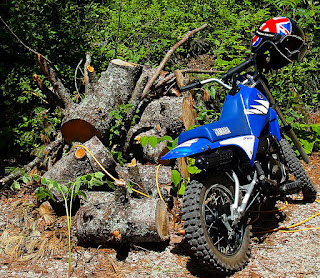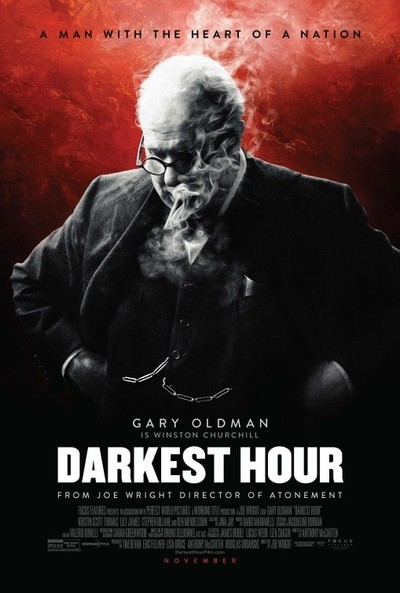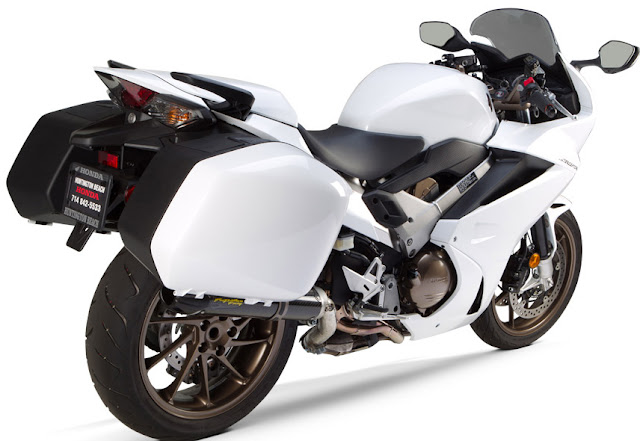Five years ago I began the never ending apprenticeship of motorcyclist. The summer before I had a chance to ride a dirt bike at a friend’s farm and got bitten. My mother had always been adamant about me not riding, so I didn’t, but she had died the year before and I was suddenly able to do something I’d always wanted to try. That same summer I also became qualified as a technology teacher and was interested in dusting off my hands-on repair skills. Motorcycling offered a perfectly timed riding and technical renaissance one-two punch.
When I was eighteen and looking for my first car I realized I couldn’t afford it and started looking at motorcycles. My parents ponied up the difference to keep me out of the saddle. Living in Canada meant bikes aren’t a year round transportation solution anyway. I ended up getting so deep into cars that I never found my way back to bikes, but the urge had always been there. When I had my highest amount of disposable income in my early twenties while working full time before university, I was thinking about a bike again when a co-worker ran a red light on his bike and killed himself in front of all of us as we were coming in for our shift. That put the brakes on getting a bike yet again.
Twenty years later…
Things moved quickly as the snow melted in 2013. I walked in to the Drivetest Centre and got my learner’s permit after a long winter spent buying magazines, watching TV shows and reading books on motorcycles; I was rearing to go. A couple of weeks later I was taking the introductory motorcycle course at Conestoga College. There was nothing better than high speed passes through the cones, leaning the little learner bike to and fro. A few days after that I’d found a poorly used Kawasaki Ninja in town and had it in the garage less than a week later. Meanwhile it was still snowing outside (oh, Canada).
 Soon enough the weather turned and I was out on the road. It was only a 650cc twin cylinder Kawasaki, but it went 0-60 faster than anything I’d ever owned and looked like a rocket ship. The time I was sat at an intersection and a Ferrari pulled up next to me and started revving its engine was the first time I explored the Ninja over 6000rpm, and I was gobsmacked. With the Ferrari car lengths behind me I dropped the bike into top gear and gave my head a shake. Leaning into corners is still my favourite aspect of motorcycle dynamics, but the acceleration of even a mid-sized motorbike is a thing to glory in, and they brake like mad things too. In addition to being out in the world on a bike, you’re on an athletic machine that can embarrass anything else you’re likely to meet. It was my mission to come to grips with this wonderful machine.
Soon enough the weather turned and I was out on the road. It was only a 650cc twin cylinder Kawasaki, but it went 0-60 faster than anything I’d ever owned and looked like a rocket ship. The time I was sat at an intersection and a Ferrari pulled up next to me and started revving its engine was the first time I explored the Ninja over 6000rpm, and I was gobsmacked. With the Ferrari car lengths behind me I dropped the bike into top gear and gave my head a shake. Leaning into corners is still my favourite aspect of motorcycle dynamics, but the acceleration of even a mid-sized motorbike is a thing to glory in, and they brake like mad things too. In addition to being out in the world on a bike, you’re on an athletic machine that can embarrass anything else you’re likely to meet. It was my mission to come to grips with this wonderful machine.
By May I had my M2 and could carry passengers and go on big highways, so I immediately spent all of July commuting solely on the bike to a summer course seventy kilometres each way including a blast down the biggest highway in Canada. The first time I pulled out on the highway I eased up to 90km/hr and followed the slow lane. That lasted for about ten seconds and then I was gone. The next morning I indicated onto the highway, shoulder checked and was at a buck twenty in the fast lane a second later; what a rush.
What typified my first year of biking was my commitment to using the thing. Rather than take the car if it was raining, I put on rain gear. Rather than take the car when I had to go shopping, I found a way to carry what I was getting home on the bike. That commitment was what got me racking up over five thousand kilometres on the Ninja, which isn’t easy in Canada with its short riding season.
The mechanical side of things had me taking care of basic maintenance, but the Ninja was my first choice of bike because it was a mid-capacity machine that was relatively new and in ready to ride shape – the idea was to learn how to ride. I’d leave the deep mechanical work for future years. Most of the repair energy on the Ninja was spent on un-blacking it and making it colourful again. When I eventually sold it I got pretty much what I’d paid for it even though I’d added over ten thousand kilometres to it, so the painting paid off.
Future years would have me diversifying my bikes and rescuing a basket case that would challenge my technical skills and have me knee deep in mechanics, but the early years were all about riding as much as possible.
from Blogger https://ift.tt/2HltljX
via IFTTT


-MOTION.gif)











